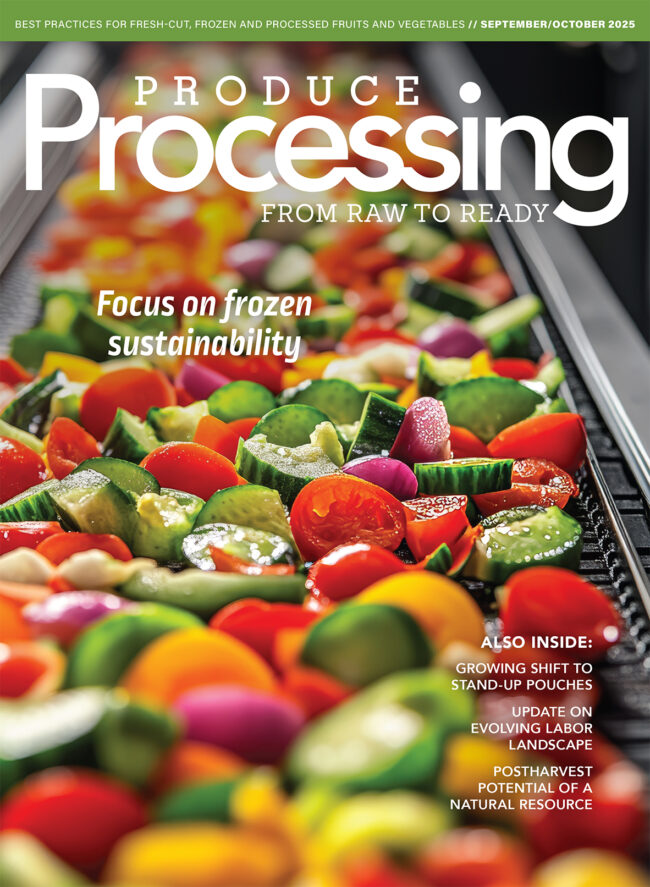American Farm Bureau Federation adopts 2025 policies
American Farm Bureau Federation (AFBF) farmer and rancher delegates have adopted policies to guide the organization in 2025.
AFBF held its 106th convention Jan. 28 in San Antonio, Texas, with nearly 5,000 attendees and more than 80 speakers. Delegates discussed topics ranging from labor to rural broadband to trade.
Delegates voted to stabilize labor costs to avoid drastic swings that threaten the economic sustainability of farms. They also recommended the AFBF board study potential alternatives to the current Adverse Effect Wage Rate methodology used for the H-2A program.
Additionally, delegates added policy in support of a U.S.-Mexico-Canada agreement review process to encourage new opportunities while protecting U.S. agriculture from unfair competition.
Policy on rural broadband was revised to support requiring companies that win broadband loans or grants to quickly complete projects in underserved rural areas. Delegates also directed AFBF to press more forcefully for reform of the current requirements for small-scale meat, dairy and value-added processing facilities.
“Today, Farm Bureau demonstrated what truly makes it the voice of American agriculture,” AFBF president Zippy Duvall said in a news release. “Delegates from each state Farm Bureau and Puerto Rico directly addressed the challenges and opportunities facing farmers and ranchers.
“The policies they set today give us a roadmap to work with the new administration and Congress to address the needs of rural America. It includes the passage of a new farm bill, enacting regulatory reform and creating new markets for the men and women who are dedicated to keeping America’s pantries stocked.”
Delegates also adopted policy supporting the development and sale of domestically sourced sustainable aviation fuel and strengthened policy on alternative energy production, including increasing the responsibility of energy companies to manage land used for development, and prioritizing energy production on land not suitable for agriculture.
Board, committee members elected
Delegates also elected members to serve on the AFBF board of directors and national program committees.
Brad Olson, Wisconsin (Midwest region), Scott Sink, Virginia (Southern region) and Rosella Mosby, Washington (Western region) were elected to fill one-year terms on the AFBF board of directors. Ben LaCross, Michigan (Midwest region) was elected to a two-year term.
Fifteen other state Farm Bureau presidents were re-elected to two-year terms to represent their regions on the board.
Amy Jo Estes of Missouri and Heidi Cooper of Massachusetts were elected chair and vice chair, respectively, of the Promotion & Education Committee. Both will serve one-year terms.
Ryan MacKay of Massachusetts was elected chair of the Young Farmers & Ranchers Committee for a one-year term. Daniel Jones of California was elected vice chair and Allison Whiten of South Carolina was elected secretary. They will each serve one-year terms.
Megan Floyd of South Carolina (Southern Region) was elected to a two-year term on the Women’s Leadership Committee. Marieta Hauser of Kansas (Midwest Region), Lisa Wherry of Pennsylvania (Northeast Region) and Shawn Wood of Arizona (Western Region) were re-elected to two-year terms. Isabella Chism of Indiana and Lorenda Overman of North Carolina were re-elected to two-year terms as committee chair and vice chair, respectively.










